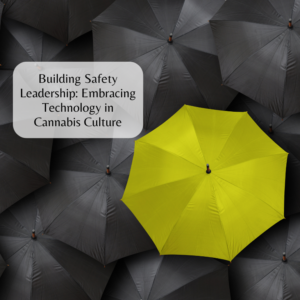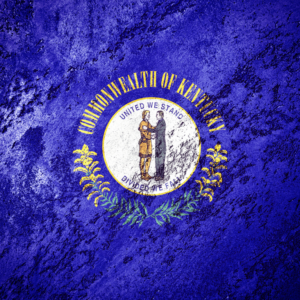Government Initiative: Funding Research on Psychedelics for Chronic Pain in Older Adults

The National Institutes of Health (NIH) has announced a new funding opportunity of $8.4 million to support clinical trials exploring the use of psychedelic-assisted therapy (PAT) for treating chronic pain in older adults. This initiative reflects a growing interest in alternative approaches to pain management and the potential therapeutic benefits of psychedelic compounds.
Addressing Chronic Pain in Older Adults
Chronic pain is a prevalent issue among older Americans, with approximately 40% reporting living with this condition. Current treatment options often involve a combination of medications and therapies, yet they may be inadequate in providing relief. The NIH funding aims to investigate the efficacy and safety of PAT as a novel approach to managing chronic pain in older adults.
Exploring Psychedelic-Assisted Therapy
Psychedelic compounds, including psilocybin, DMT, LSD, and mescaline, have shown promise in treating various mental health conditions such as depression, anxiety, PTSD, and substance use disorders. Inspired by Indigenous healing practices, research into PAT has gained momentum in recent years, with evidence suggesting its potential therapeutic benefits.
Scope of the Grant
The grant, overseen by NIH component agencies the National Institute on Aging (NIA) and the National Center for Complementary and Integrative Health (NCCIH), will fund clinical trials involving multiple institutions to collect safety and efficacy data among older individuals with chronic pain. The grant structure encourages collaboration and harmonization to enhance research outcomes.
Application Details
Applications for the grant funding will open on September 10 and close on October 10. Eligible organizations include colleges, universities, nonprofits, government entities, and others. The earliest start date for the research is set for July 2025.
Recent Studies on Psychedelics
Recent studies published by the American Medical Association (AMA) have contributed to understanding the safety and efficacy of psychedelics. Research on single-dose psilocybin found no association with the risk of paranoia, while another study suggested lower rates of psychotic symptoms among adolescents using psychedelics.
Implications for Mental Health Treatment
The findings from these studies highlight the potential of psychedelic compounds in treating various mental health conditions, including depression and bipolar II disorder. Additionally, research on the entourage effect of psychedelic mushroom extract suggests a more profound therapeutic effect compared to synthesized psilocybin alone.
The NIH’s investment in exploring psychedelic-assisted therapy for chronic pain in older adults underscores the need for innovative approaches to pain management. As research in this field progresses, there is optimism about the potential of psychedelic compounds to provide relief and improve the quality of life for older individuals living with chronic pain.Top of Form











